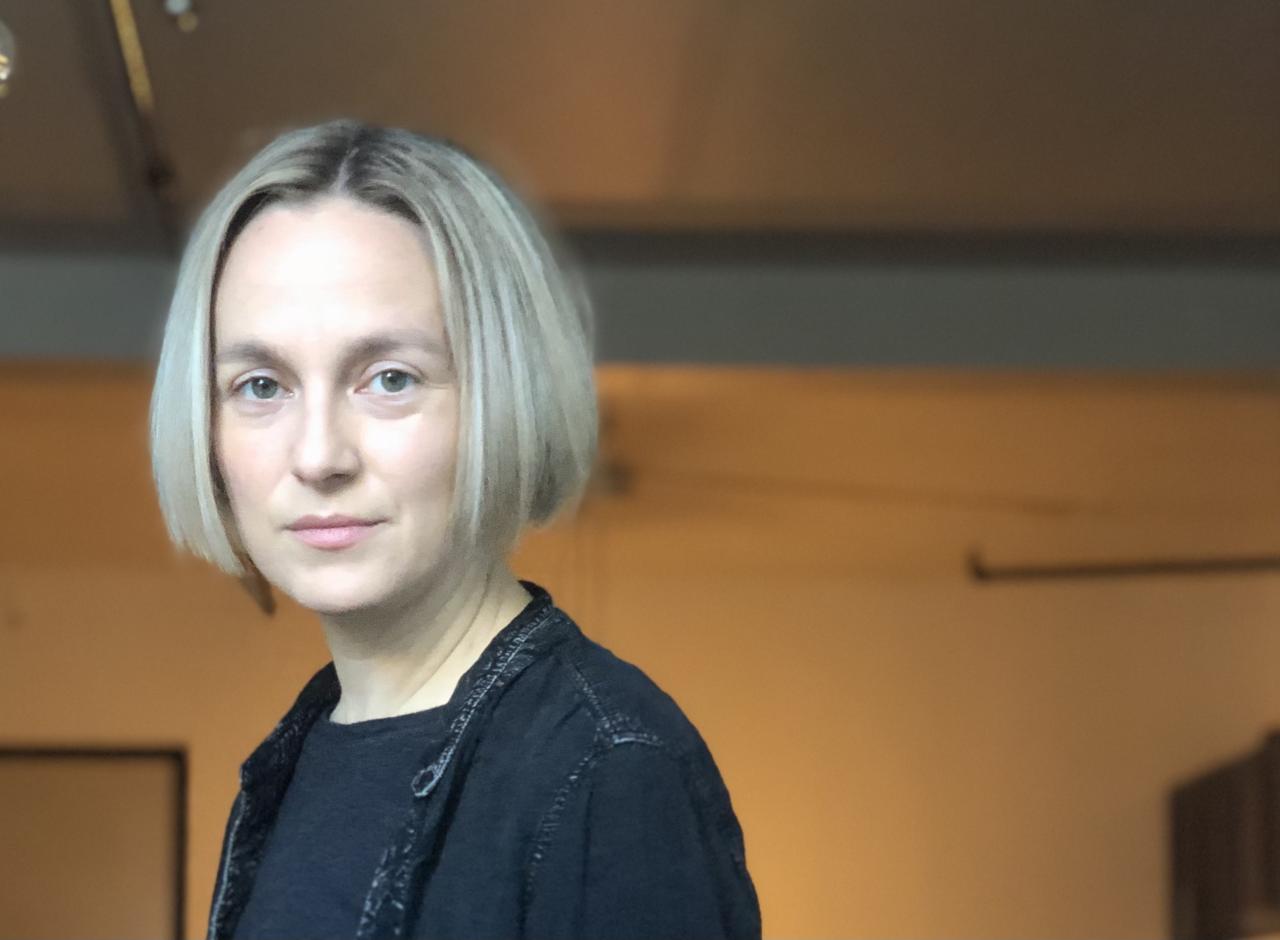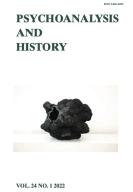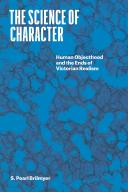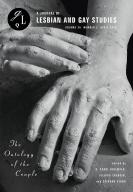Office Hours
T 1:30-3:30
S. Pearl Brilmyer's work lies at the intersection of the history of philosophy, science, and literature with a focus on the nineteenth-century English novel. Other areas of research include theories of will and drive in nineteenth-century German philosophy and science (Nietzsche, Schopenhauer, Freud, Reich), the history of sexuality, and materialisms old and new. She has held fellowships from the National Endowment for the Humanities, the Alexander von Humboldt Foundation, the ICI Berlin Institute for Cultural Inquiry, the DAAD (German Exchange Service), the Max Planck Institute for the History of Science, the Wolf Humanities Center, and the Trustees’ Council of Penn Women Faculty Research.
Her book The Science of Character: Human Objecthood and the Ends of Victorian Realism (Chicago, 2022) develops a literary-theoretical approach to the history of science, advancing a theory of late Victorian realism as a “science of character” committed to understanding what brings characters—literary and natural historical, human and nonhuman—into existence. The Science of Character was the 2022 winner of the Sonya Rudikoff Award for the best first book in Victorian Studies. Brilmyer has also co-edited two special issues, one with Filippo Trentin and Zairong Xiang in GLQ: A Journal of Gay and Lesbian Studies on "The Ontology of the Couple," and another with Filippo Trentin in the journal Psychoanalysis & History on Lou Andreas-Salomé's 1916 essay, "'Anal' and 'Sexual'" featuring the first English translation of that essay.
She is currently working on a second book project, Queer Rigidity, on the tendency of desire to crystallize into patterns and follow well-worn paths (under contract with Duke UP). An article from this project, "Queer Rigidity: Habit and the Limits of the Performativity Thesis" recently appeared in Critical Inquiry, followed by a series of responses to the text. Other articles have been published in PMLA, Representations, Criticism, and Victorian Studies, among other venues.
Brilmyer is also a core faculty member in the Program for Gender, Sexuality & Women's studies and the Program in Comparative Literature & Literary Theory.

 Department of English
Department of English



